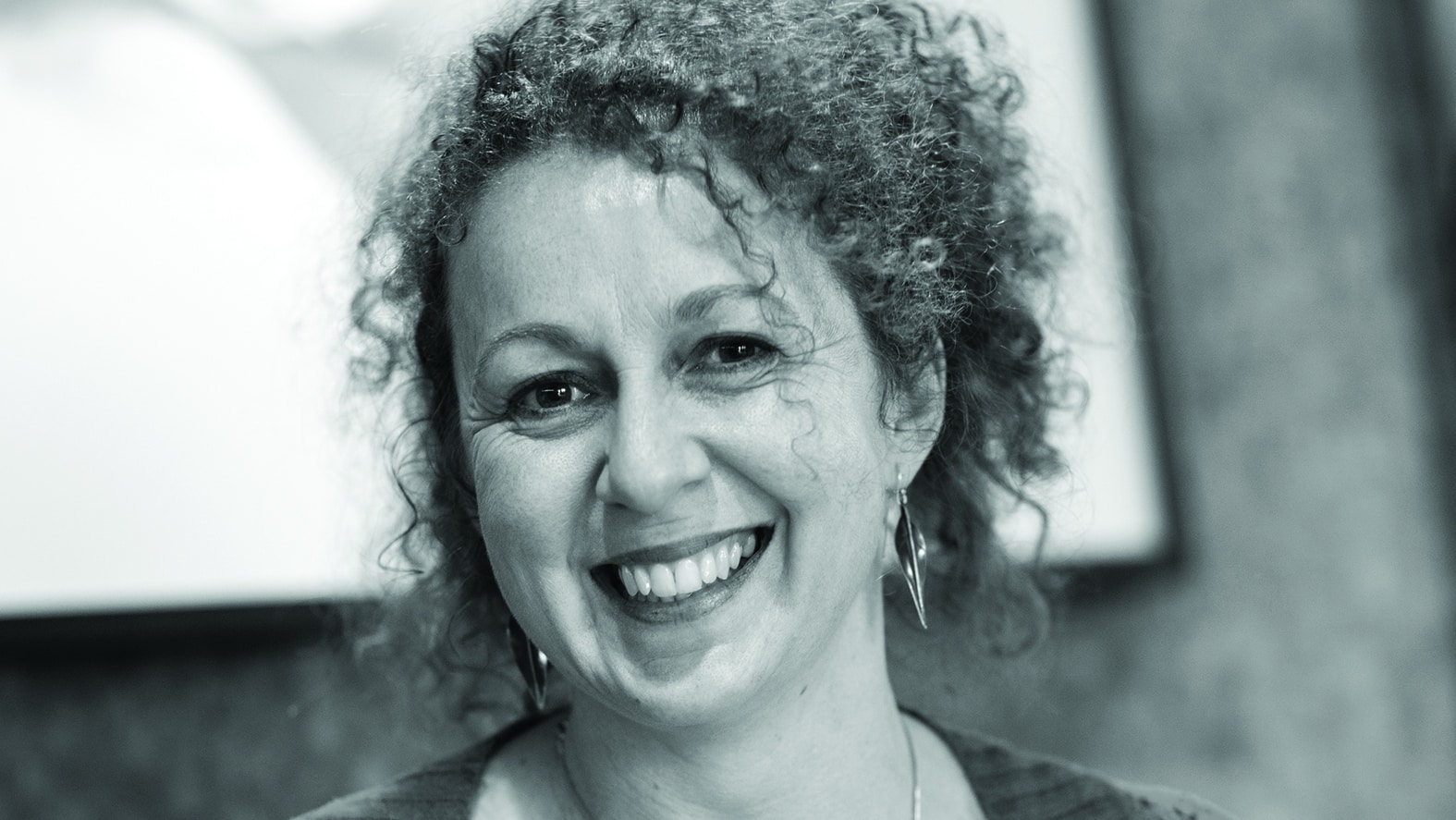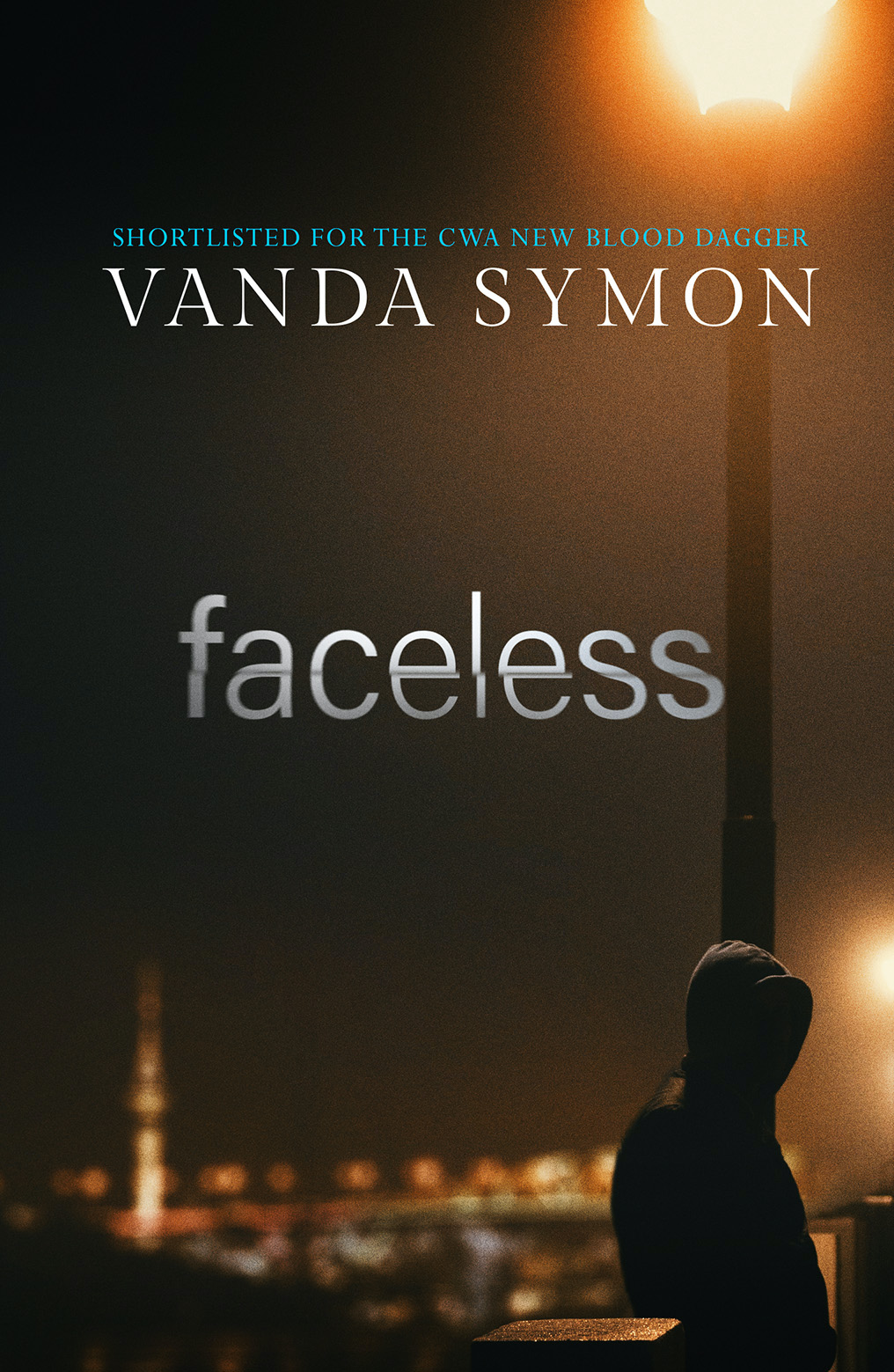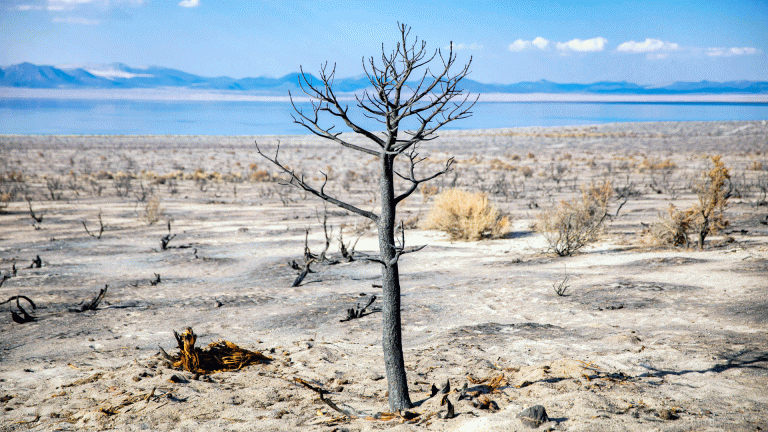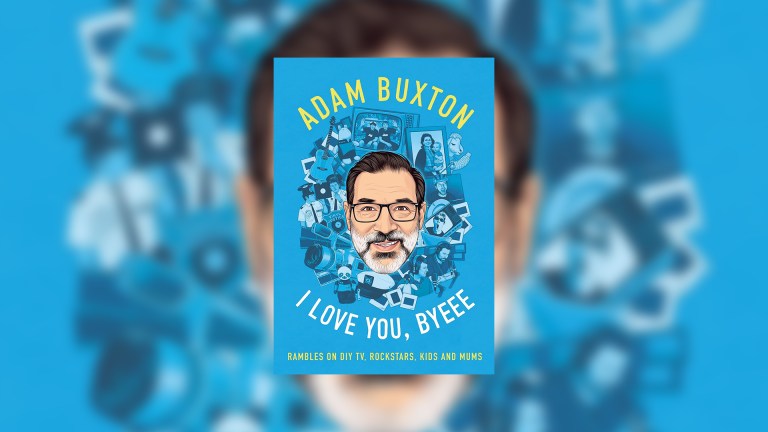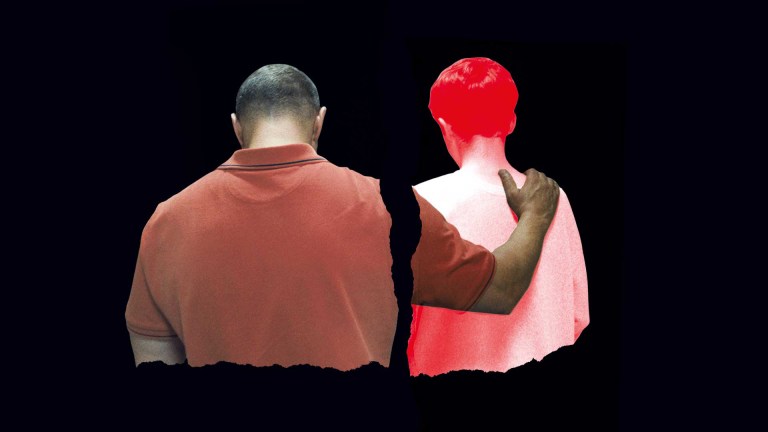Aotearoa New Zealand may appear to be a land of prosperity and golden idyll, but like all societies, it has those who fall through the safety nets of a welfare state and who, due to poverty and circumstance, end up without a place to call home.
And homelessness doesn’t just mean those sleeping rough on the streets, which tends to have a more visible and male face, it also encompasses those who sofa surf, those who sleep in their cars, those in night shelters and women’s refuges, those who temporarily cram into severely overcrowded housing with family or friends in dreadful conditions just to have some roof over their head.
The unfortunate reality here in New Zealand is that of those people who are classed as homeless, around 50 per cent of them are women, and four out of those five women are Māori.
So what are the determinents of these appaling statistics? According to a recent study a leading issue is poverty and the particularly high rate of poverty for women.
Compared to homeless men, the women were more likely to be sole parents, have dependent children and be reliant upon government benefits. Across the population more Māori women rely on benefits than non-Māori, and than Māori men.
These benefits are low in New Zealand and with the constant increase in the cost of living, being on a benefit is closely linked to poverty. In addition the more children a solo-parent woman had, the more mouths to feed and clothe and pay for health and education needs, the further into poverty she fell. Escaping domestic violence was often a trigger for this pathway.
